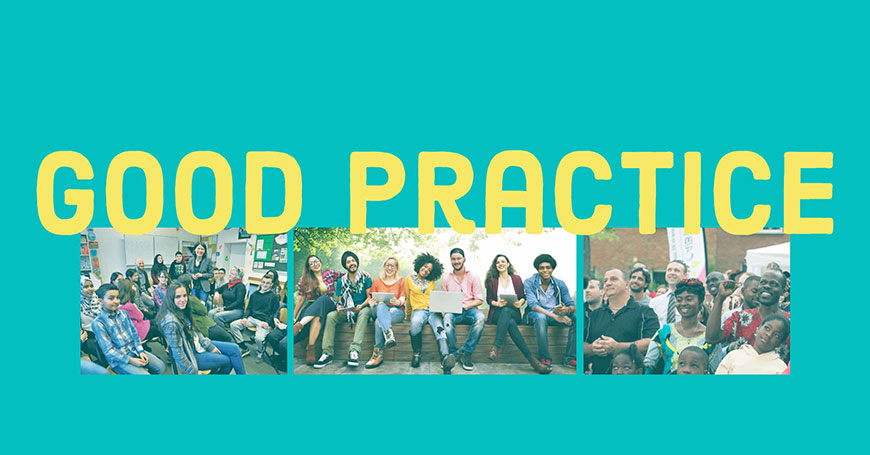Intercultural cities: good practice examples

The first step is the adoption (and implementation) of strategies that facilitate positive intercultural encounters and exchanges, and promote equal and active participation of residents and communities in the development of the city, thus responding to the needs of a diverse population. The Intercultural integration policy model is based on extensive research evidence, on a range of international legal instruments, and on the collective input of the cities member of the Intercultural Cities programme that share their good practice examples on how to better manage diversity, address possible conflicts, and benefit from the diversity advantage.
This section offers examples of intercultural approaches that facilitate the development and implementation of intercultural strategies.
An Equality Infrastructure
Concept Mexico City has established an internal infrastructure to express and sustain its commitment to equality and non-discrimination. This encompasses a Constitution for the City of Mexico...
Complaints of Discrimination
Concept The City of Geneva funds and works with the Centre – Écoute contre le Racisme (C-ECR), which defends, advises and assists people affected by racism. The Center-Écoute contre le Racisme is...
The Intercultural acceptance survey to build intercultural competence skills
The Republic of Korea conducts a triannual survey of locals on their intercultural acceptance. The findings from the survey serve as reference data for policy development. To ensure even more...


